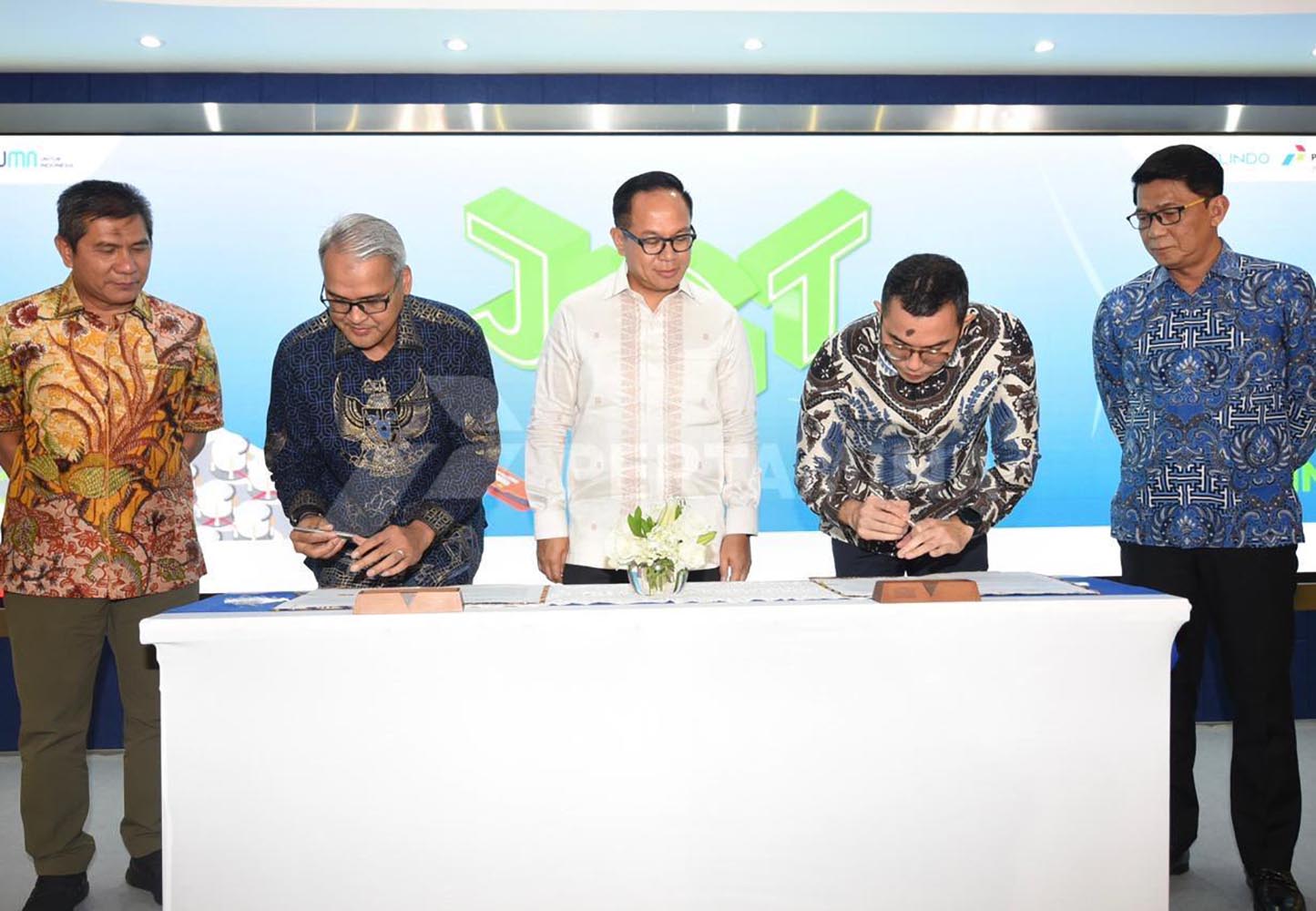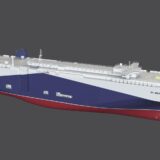
Pertamina & Pelindo to partner on eco-friendly Jakarta terminal
Pertamina, Indonesia’s state-owned oil and gas entity, is gearing up to bolster its North Jakarta infrastructure. In a strategic alliance with PT Pelabuhan Indonesia (Pelindo), the nation’s consolidated port operator, Pertamina’s subsidiary, Pertamina International Shipping (PIS), is spearheading the development of the Jakarta Integrated Green Terminal (JIGT) in the Kalibaru precinct.
Post the 2021 unification of state-run port operators Pelindo I, II, III, and IV, Pelindo emerged as the world’s eighth-largest port operator, managing an impressive portfolio of over 120 ports across 32 Indonesian provinces.
Yoki Firnandi, the CEO of PIS, shared insights into the JIGT project, highlighting the completion of its preliminary conceptual studies and indicating that the construction phase is on the horizon. This venture signifies a monumental stride in refining Indonesia’s energy infrastructure, aligning it with sustainable and eco-conscious practices.
The JIGT is envisioned to surpass the capabilities of the current Plumpang Oil Fuel Integrated Terminal. It is designed to store a diverse range of fuels, from LPG, gasoline, diesel, and biodiesel to LNG, CPO, UCO, and an array of petrochemical derivatives. In a forward-thinking move, the terminal is also gearing up to accommodate hydrogen, in light of its anticipated surge in demand by the year 2030.
A. Salyadi Saputra, Pertamina’s director of Strategy, Portfolio, and Business Development, highlighted the terminal’s pivotal role in fortifying Indonesia’s energy resilience. He underscored its commitment to setting industry-leading operational benchmarks, harnessing state-of-the-art technology, and ensuring scalability to cater to the energy requisites of the expansive Jabodetabek region.
Nestled in the Kalibaru area, a brainchild of Pelindo, the JIGT sprawls across 64 hectares and is projected to have a storage capacity of up to six million barrels. This strategic positioning is set to serve as a crucial nexus for energy trading, particularly bridging the Singapore-Indonesia corridor, a significant artery for global oil and LNG commerce.











